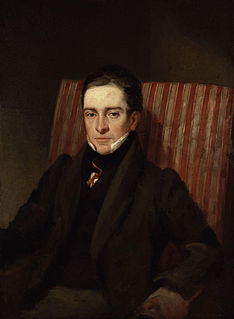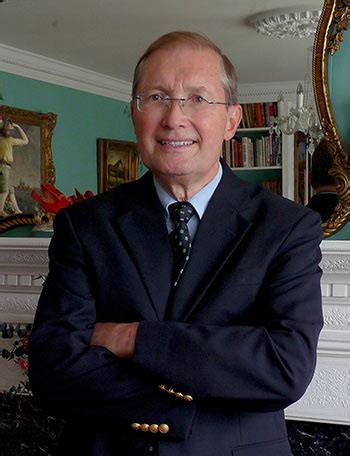A Quote by Joseph Butler
That which is the foundation of all our hopes and of all our fears; all our hopes and fears which are of any consideration; I mean a Future Life.
Quote Topics
Related Quotes
... poetry is not a luxury. It is a vital necessity of our existence. It forms the quality of the light within which we predicate our hopes and dreams toward survival and change, first made into language, then into idea, then into more tangible action. Poetry is the way we help give name to the nameless so it can be thought. The farthest horizons of our hopes and fears are cobbled by our poems, carved from the rock experiences of our daily lives.
We spend our whole lives worrying about the future, planning for the future, trying to predict the future, as if figuring it out will cushion the blow. But the future is always changing. The future is the home of our deepest fears and wildest hopes. But one thing is certain when it finally reveals itself. The future is never the way we imagined it.
We can trace back our existence almost to a point. Former time presents us with trains of thoughts gradually diminishing to nothing. But our ideas of futurity are perpetually expanding. Our desires and our hopes, even when modified by our fears, seem to grasp at immensity. This alone would be sufficient to prove the progressiveness of our nature, and that this little earth is but a point from which we start toward a perfection of being.
Brutes are deprived of the high advantages which we have; but they have some which we have not. They have not our hopes, but theyare without our fears; they are subject like us to death, but without knowing it; even most of them are more attentive than we to self-preservation, and do not make so bad a use of their passions.




































